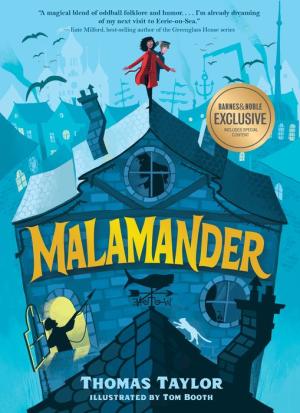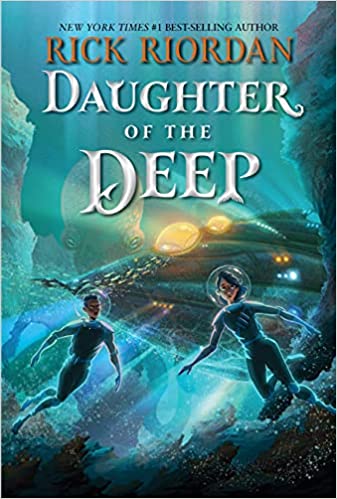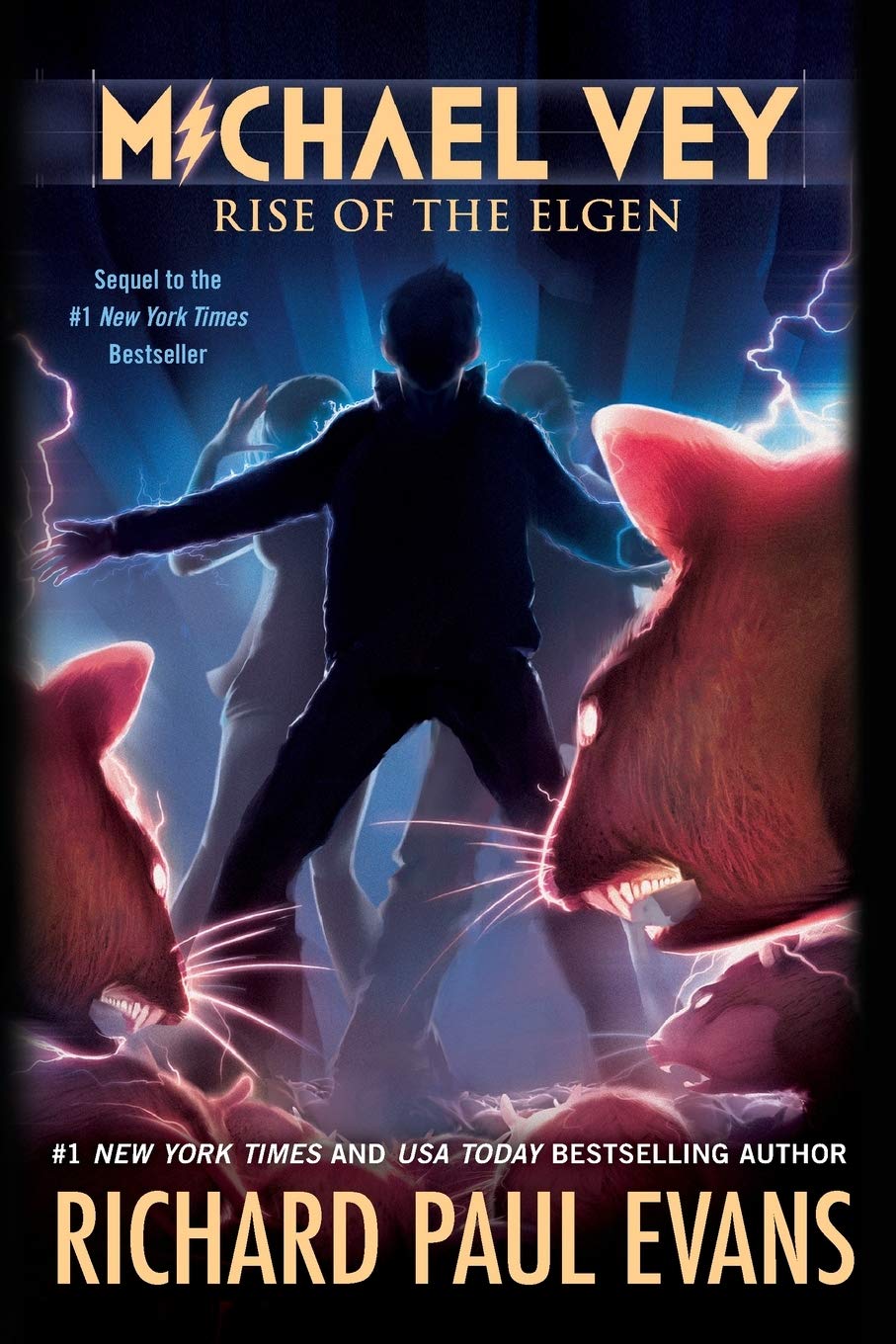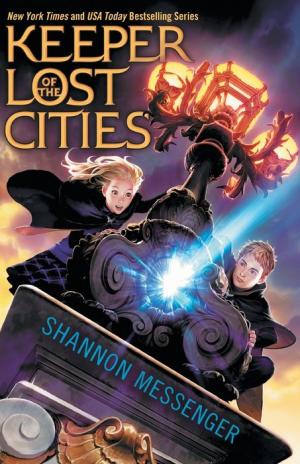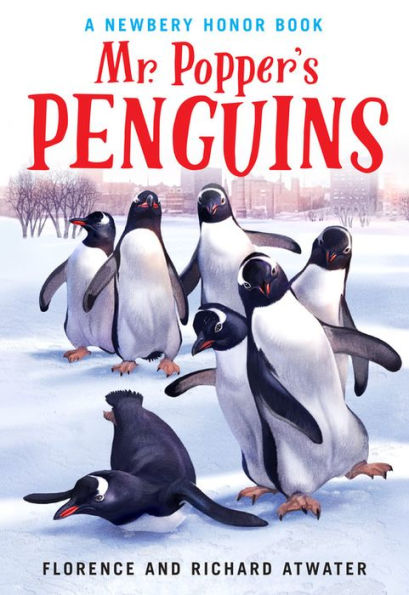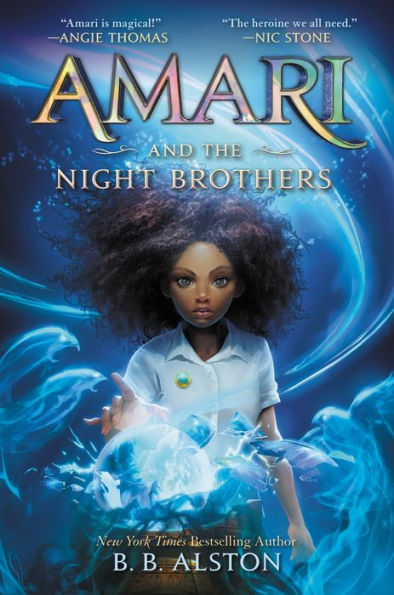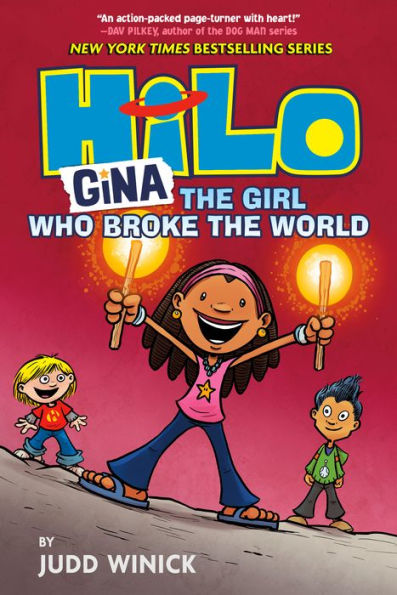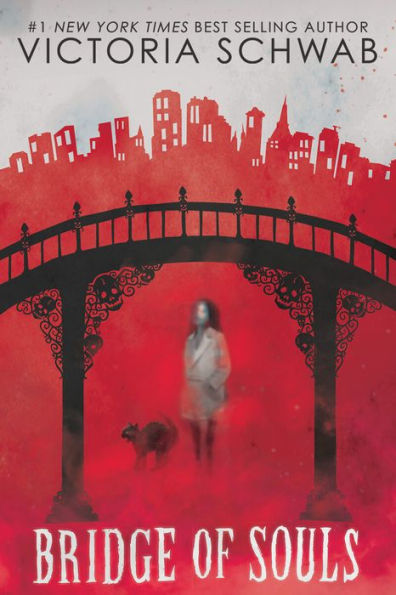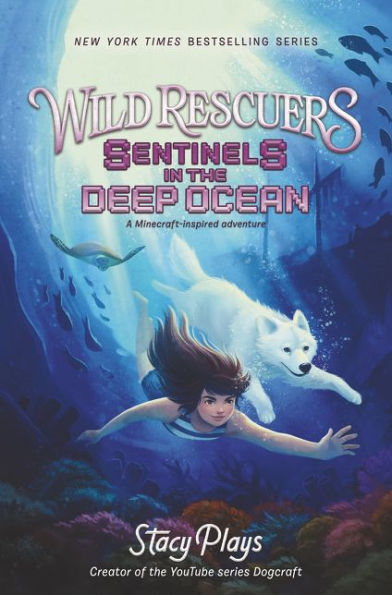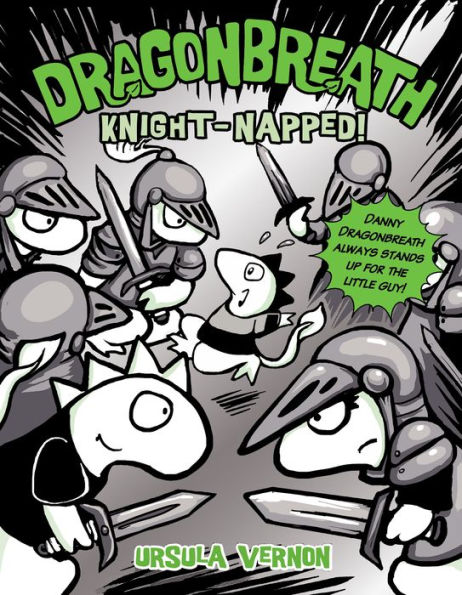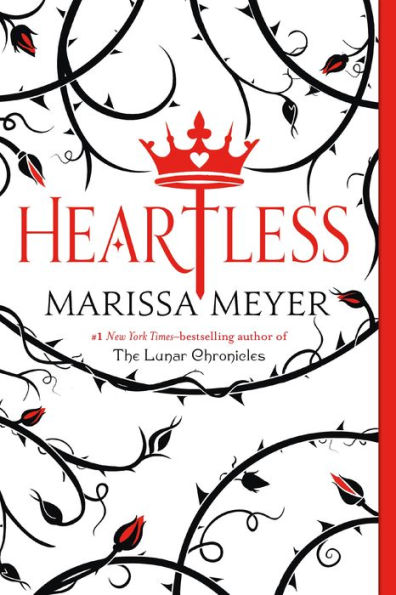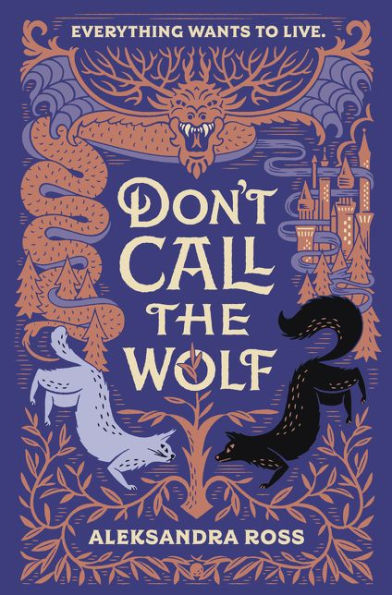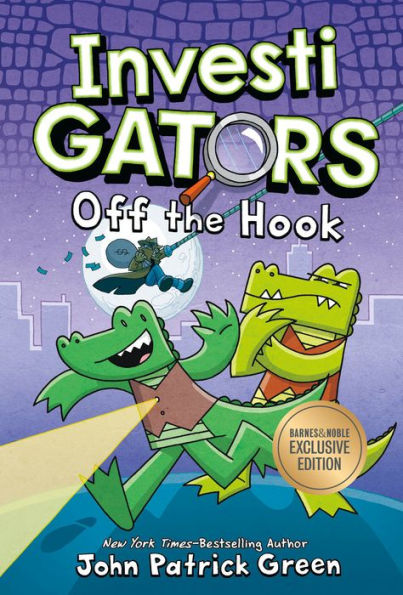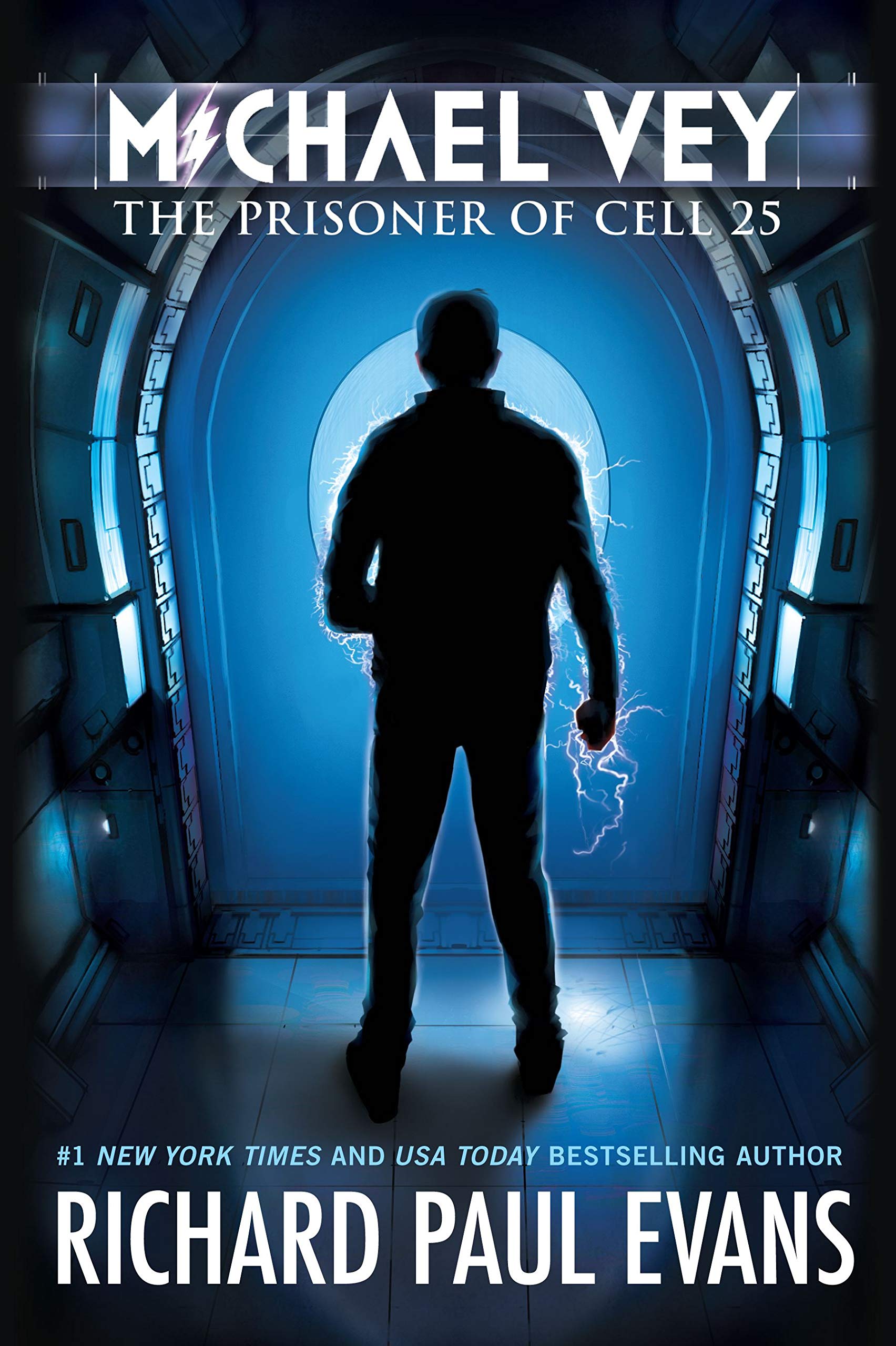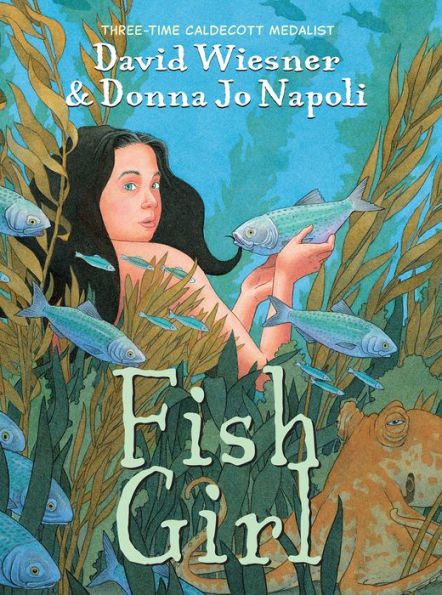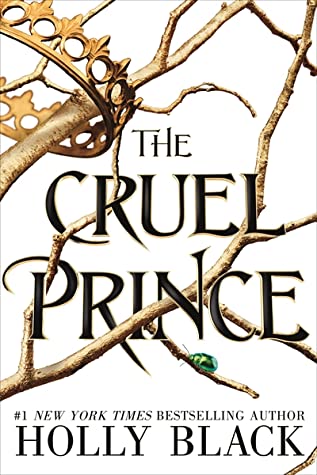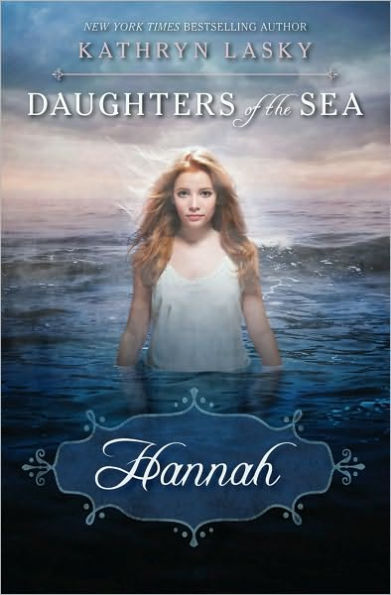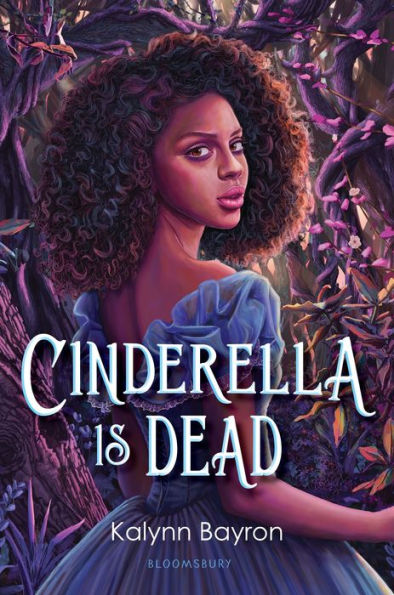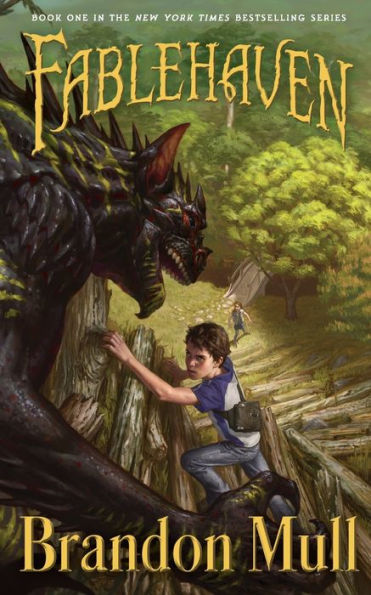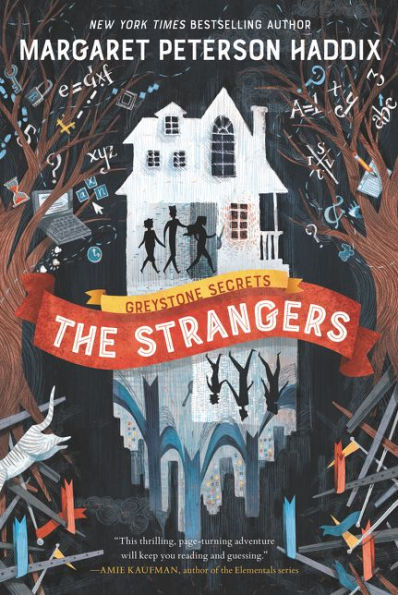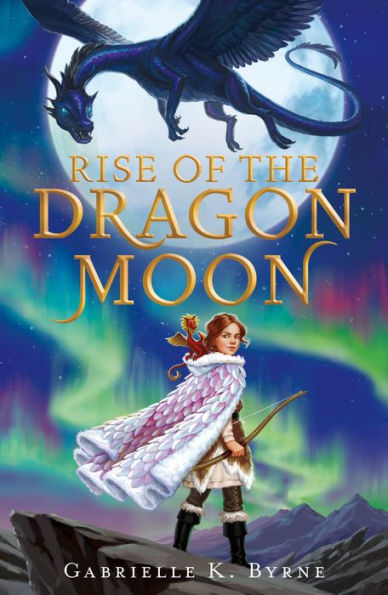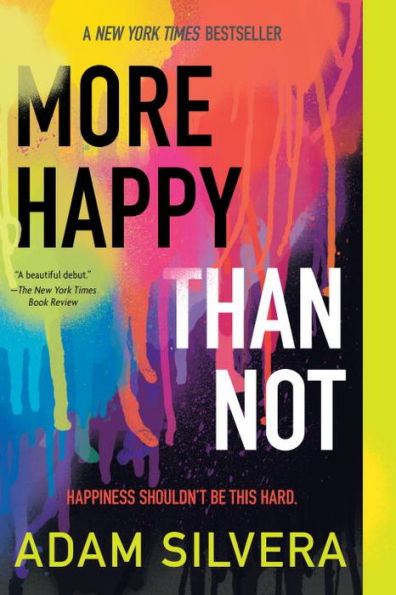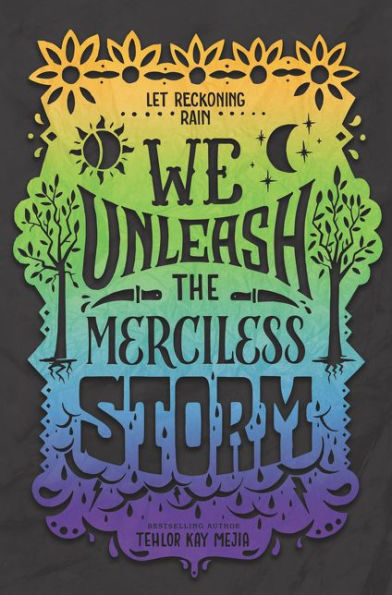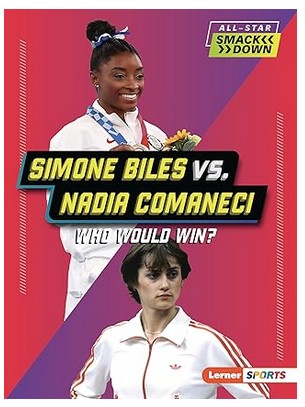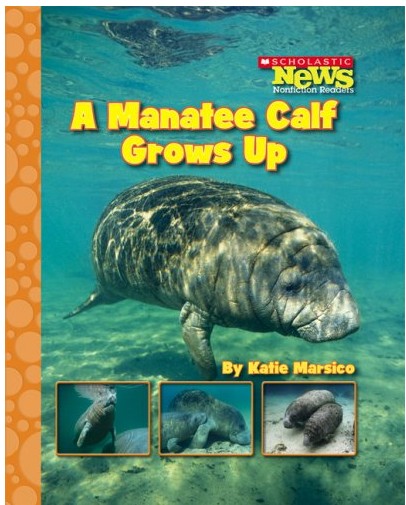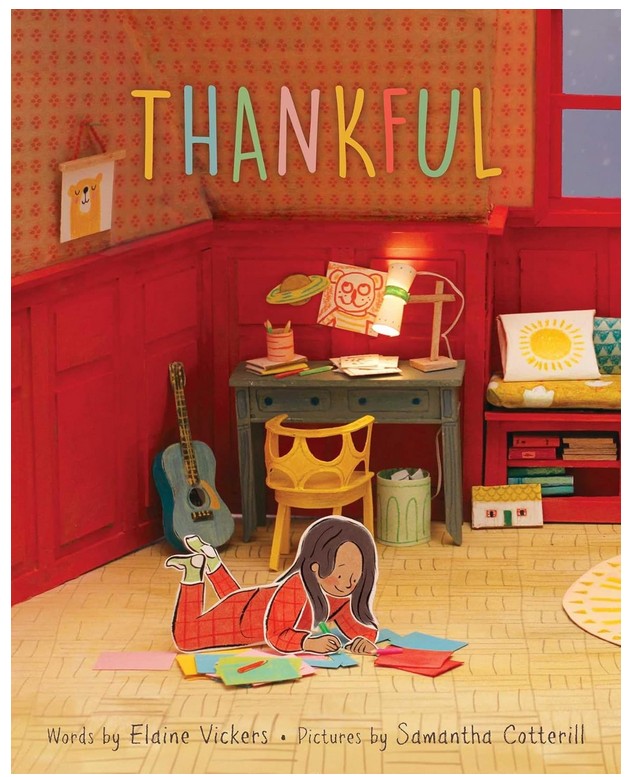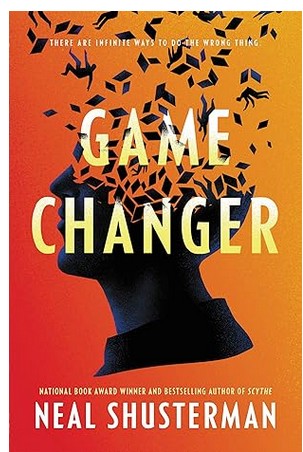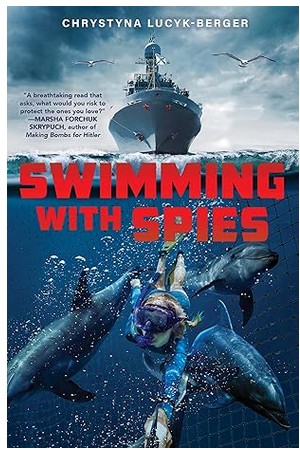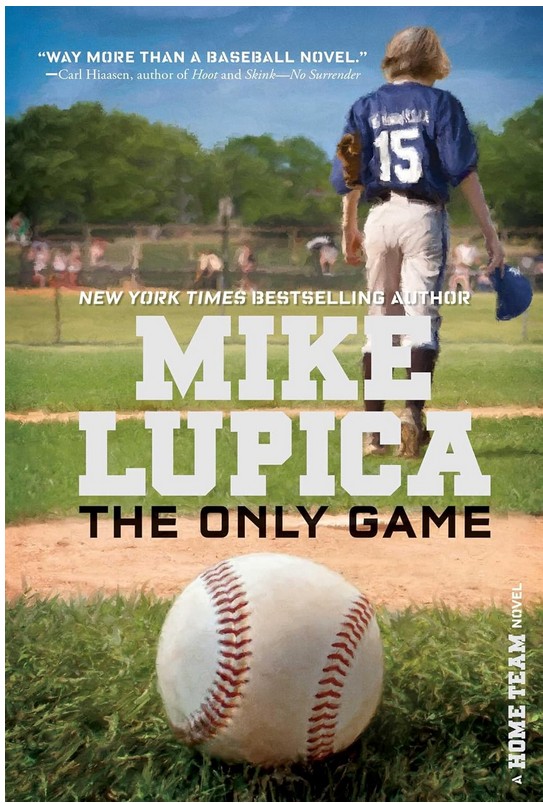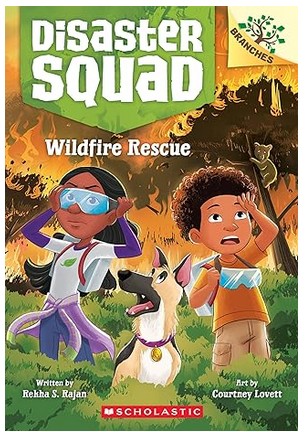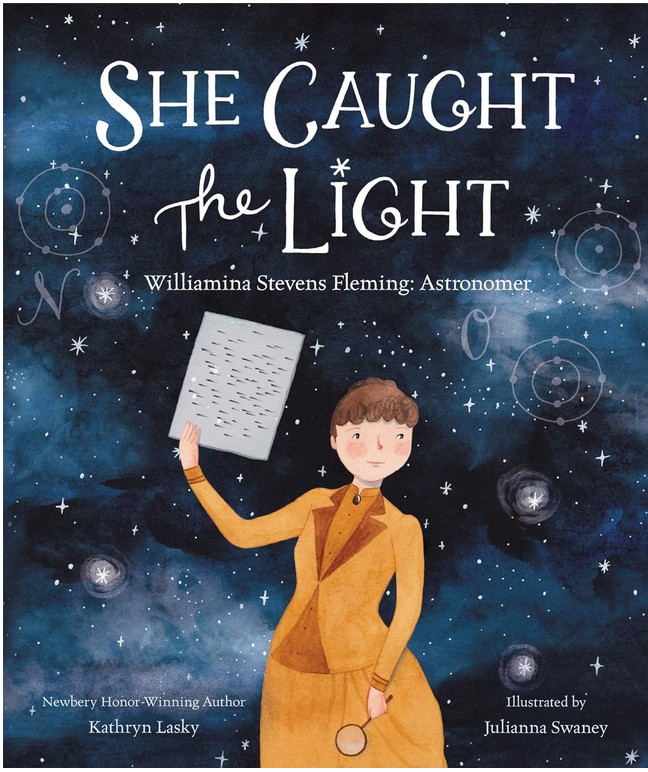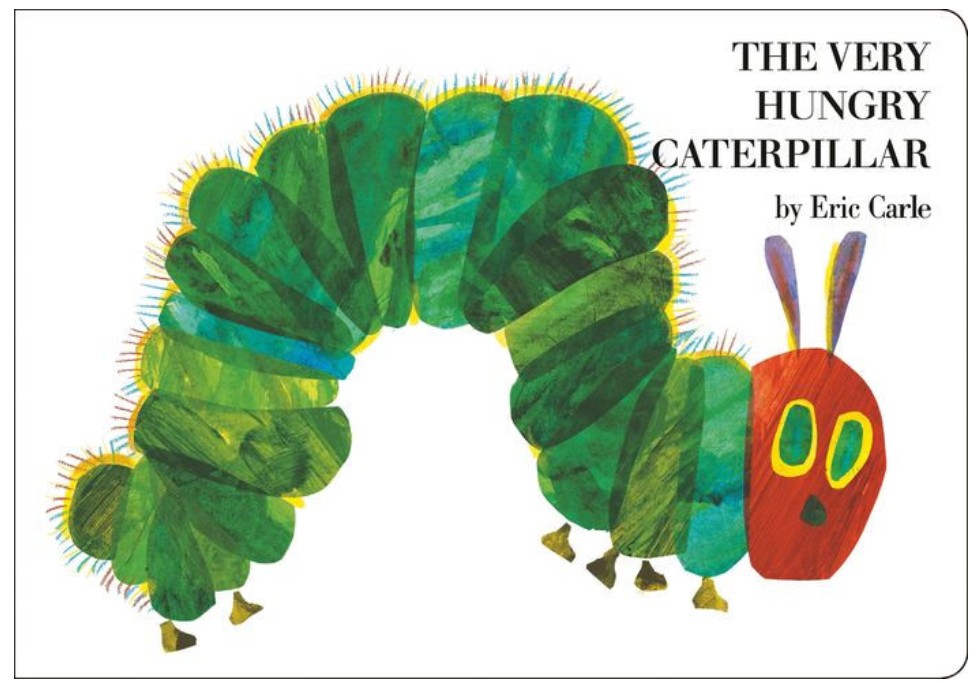Twelve-year-old Herbie Lemon has always been fond of lost things. After all, as an infant, he was a “lost thing.” Herbie was found and given a home in the town of Eerie-on-Sea, where he was eventually put in charge of the Lost-and-Foundery at the Grand Nautilus Hotel. His job now is to keep track of every lost item in the hotel and, when possible, find its home.
One day, a new kind of lost thing arrives, inspiring quite an eventful case for the young detective-of-sorts. Violet Parma puts Herbie in charge of helping her track down her missing parents, who became “lost” when she was an infant while staying at the Grand Nautilus. Herbie reluctantly takes the case, and the pair works together, discovering that one legend from the town’s past may have more to do with the Parmas’ disappearance than they could have imagined.
The Parma mystery leads the duo to the malamander, a mythic creature that supposedly lives in the water surrounding Eerie-on-Sea. The malamander only comes inland once a year to lay its wish-granting egg. The power of the egg draws a variety of characters into the fray, including a gruff man with a boat hook for a hand. Herbie and Violet must consult the eclectic townspeople and watch their backs as they work to uncover the mysteries which are hidden in the mist of Eerie-on-Sea.
Taylor wonderfully builds the world of Eerie-on-Sea. From the very first chapter, it is clear Eerie-on-Sea is no ordinary island. It is home to ancient legends regarding the existence of sea monsters, which Herbie and Violet discover to be more fact than fiction. The legends– and the people who tell them– are enthralling, and each person is essential to the story being told. By the end of the novel, readers will feel as if they were on the island themselves.
Herbie is a loveable narrator who provides much needed information about the culture of Eerie-on-Sea. Herbie’s friendship with Violet also helps readers understand the mysteries of such a place. She is new to the island, as is the audience, allowing readers to identify with Violet as they learn about the stories which the townspeople know well. The balance between Herbie and Violet is engaging from their first meeting. Violet is a go-getter, who thinks quickly and is strong-willed. Herbie, while confident in some moments, is much quieter and cautious.
The malamander’s egg is central to many of the characters’ motivations, and Taylor’s story touches on the harmful nature of greed that has lasting effects it can have on others. For example, the legend of Captain K demonstrates how the captain’s desire for the egg causes his entire crew to be lost to the malamander. Captain K wishes for eternal life, and while he gets what he wished for, he becomes a shell of a man. Consequently, Captain K’s family spends generations trying to fix his mistakes. On the other hand, Herbie acts as a counter to this greed. Herbie’s job is dedicated to helping others find what they have lost. His decision to help Violet as well as his concern for the townspeople teach readers that selflessness and caring for others can lead to happiness.
The author occasionally uses advanced vocabulary, but the context clues provided make Malamander a good option for children looking to learn new words. Black and white illustrations bring the quirky characters to life; the illustrations are used periodically to aid in the visualization of some of the more significant moments in the story. Young readers who love mysteries and myths will enjoy Malamander as the story creates an interesting setting that has endearing characters and a gripping plot.
Sexual Content
- Mrs. Fossil, a beachcomber, thinks she has some “beach finds” which would “suit a young man looking for something for that special someone in his life.” She assumes Violet and Herbie are romantically involved.
- After hugging Herbie, Violet “looks a bit embarrassed and tries to hide it by punching [Herbie] on the arm.”
Violence
- A man has a “large iron boat hook, ending in a long gleaming spike” for a hand. He is called “Boat Hook Man.”
- When the Boat Hook Man comes looking for Violet in Herbie’s Lost-and-Foundery, he “shoves [Herbie] against the wall as he pushes past.”
- Boat Hook Man uses his hook to break into the chest where Violet is hiding. “He raises his spike and brings it down with a sickening thud, driving it deep into the lid of the chest.” When he cannot find her, Herbie says the Boat Hook Man “[goes] berserk.” Herbie narrates, “He starts ransacking my cellar, sweeping his massive arms from side to side.”
- Violet’s history becomes a large part of the story. She was “found abandoned” as a baby. Her parents left behind only “two pairs of shoes . . . left neatly on the harbor wall.” There were also “footprints in the sand, leading from the harbor wall to the sea.”
- Herbie’s cap almost never cooperates when he tries to put it on his head. At one point he narrates “the elastic strap pings and nearly takes [his] eye out.”
- Violet tells Herbie that “a fork bounced off the wall behind [her]” when she ran out of the hotel kitchen, where she was not supposed to be. Herbie knows that these were the actions of the head chef who “guards his kitchen like a fortress.”
- In Herbie’s lost and found system, if red lines are crossing out a name, that means “the owners were declared dead.” Violet’s parents’ entry is crossed out in red, and Herbie apologizes while giving Violet her parents’ lost belongings.
- Herbie teases his boss, Mr. Mollusc, to the point that he “is close to bursting a blood vessel.”
- While walking with Violet, Herbie mentally describes how “the snow is like a swarm of icy bees—stinging [their] eyes and trying to get up [their] noses.”
- Herbie fears he may have seen “a shadow stepping back into a doorway” when he checks to see if he and Violet are being followed.
- While eating at the diner, Herbie notes, “Outside, where the sea mist is gathering, someone screams.” Herbie and Violet see Boat Hook Man head for the beach, “his long, hooked spike dangling like a weapon.” However, they never find out where he was going, because instead they find Mrs. Fossil, a townsperson, “clutching one arm and sobbing with pain.” Her clothes are “torn to shreds” and “there are angry red marks on her skin.” She had been bit by something with what she calls “teeth like needles.” She passes out.
- Boat Hook Man sees Violet on the beach and “grabs Violet by her collar, lifting her in the air.” She has a hard time speaking because of where he grabbed her. She is left “clutching her throat.”
- Herbie says, “I need to get some work done, or Mollusc will have me stewed and served up as today’s special.”
- Mrs. Fossil receives treatment for her wound and reports that she “can already move [her] fingers again.”
- Mrs. Fossil tells the children about the legend of the malamander. She says the creature lays an egg and then “devours it.” Since the egg has the power to grant wishes, she explains, many people have sought it. However, she tells them, “Every single one of them . . . gobbled up by the beastie!”
- Herbie points out “all that’s left of the battleship Leviathan” is in the sea. He says, “It was wrecked years ago.”
- Boat Hook Man corners Herbie and Violet in the fish shed. They try to escape using a rope, by jumping from the window to a suspended fishing net. Herbie misses the first opportunity for release and is left “dangling, four stories up.” He thinks, “At this point, I can let go of the rope and probably break both my legs, or I can stay dangling where I am and be filleted like a small lemon-flavored herring in a Lost-and-Foundery’s cap.”
- Just before Boat Hook Man can use his hook to capture Herbie, Violet “strikes Boat Hook Man in the eye” with her book. Violet and Herbie manage to escape, but they fall before they get all the way to the ground. Herbie notes “the air escaping from [his] lungs with an OOF.” Violet hurts her ankle on impact and needs help running away. This event is described over four pages.
- Jenny, the bookstore owner, explains how Sebastian Eels and Violet’s father knew each other. They were both authors interested in the malamander, and at one point “they went monster hunting together.”
- The malamander comes to the museum when Herbie and Violet are there. It “slaps the window right in front of us with such force that it shatters.” Herbie feels “points of pain on my hands and face as the pieces cut in.” Then, the creature tries to “throw itself over the edge” of the museum walls, but Violet grabs its tail. Herbie thinks, “All I can see is that if Violet doesn’t let go, she’ll be pulled over the ramparts too, down onto the toothlike steeples of Maw Rocks, far below.”
- When trying to save Violet, Herbie is dragged hard against the wall.” He cannot yell, because he feels “the air being crushed out of [his] lungs.” When the creature strikes Violet with its tail, they let go and the malamander falls. Herbie expects “to hear a thud, and maybe the crunch of breaking bone” but the creature simply slithers back to the ocean. This encounter is described over two pages.
- When Herbie and Violet are caught in the museum by its owner, Dr. Thalassi, Herbie notices, “The folded umbrella [the owner] brandished as a weapon is on the desk, too, like a polite threat.”
- In anger, Dr. Thalassi attempts to justify his luring of the malamander, which caused the attack on Violet. Herbie exclaims, “An experiment that just slashed off half of Vi’s face!” Herbie knows it’s “an exaggeration” but she was injured by the creature.
- The museum owner tells the story of the Leviathan and its Captain. The captain led his crew into a cavern where “they found a great stinking mound of seaweed, bones, and shipwreck salvage.” They found the malamander and took its egg, causing it to attack the ship. Dr. Thalassi says, “Many lives were lost defending Leviathan against the creature.” Despite the crew’s use of weapons, the monster kept attacking. Dr. Thalassi explains, “Bullets sparked off its scales, leaving scarcely a mark, and its claws could rend iron.”
- While the Captain was holding the egg, the malamander “delivered a . . . good, hard bite, which injected stinging venom” that numbed the captain. Then, the creature “with a single snap of its jaws tore his right hand—the hand that held the malamander egg—clean off and swallowed it whole.” The story is recounted in seven pages.
- Herbie notices in the museum, “Above us the skeleton of a whale hangs suspended, and in the cabinets all around, stuffed and desiccated sea creatures peer out at us through glass eyes.”
- The hotel’s owner, Lady Kraken, says, “I have no doubt [Violet’s dad] wanted the egg, too, and no doubt that the malamander devoured him for his trouble.”
- Sebastian Eels plans to carry a weapon to confront the malamander. He claims it “will be for protection only, to scare it away if I’m seen.”
- When Boat Hook Man is arguing with Eels, Eels says, “Don’t you wave that hook at me.” Boat Hook Man then warns Eels that the malamander will kill him if he goes after its egg. Later, Herbie watches as “Eels brings his fist down on the desk.”
- Sebastian Eels’ plan for the malamander is to “put a dozen harpoons through its stinking fish guts before it can even spit.” If people come to stop him, he will do the same to them. Eels says, “the sea will quickly dispose of the bodies.”
- While hiding from Sebastian Eels and Boat Hook Man in Eels’ home, Herbie and Violet are caught. Boat Hook Man goes after them, using his hook as a weapon, though he misses Herbie by inches. Erwin the cat protects them by “attacking the old mariner’s head ferociously, raking at [Boat Hook Man] with his claws.” Herbie watches as “instead of blood, only water spouts from the wounds.”
- Herbie narrates, “the poor cat is flung to one side” by Boat Hook Man. When trying to escape the building, Sebastian Eels uses his harpoon gun multiple times on the children with one missing and “ricocheting back . . . and clonking Boat Hook Man in the face” causing him to fall. He is not fully human, though, so he is not injured when he hits the ground. Another harpoon makes its target, Violet. The harpoon hit the book in Violet’s pocket, narrowly saving her life. The incident occurs over six pages.
- Herbie says of Eels, “hopefully the big bully will get himself eaten by the monster.”
- Eels steals an important paper from Violet. When she tries to fight back, “he picks her up with one hand and throws her out of his way.” Erwin comes to the rescue, “hissing as he claws up [Eels’] legs and sinks his teeth into the man’s hand, making him drop the paper.”
- Eels throws the cat away, and the cat “hits the corner of a bookshelf and . . . falls limply to the ground.” Eels then “brings his fist down on [Herbie’s] head.” This event is described in one page.
- Eels retells the story of Achilles and the “arrow in the heel that brought about his death.”
- Violet says to Eels, “I hope the malamander bites your head off.”
- Eels promises to “wipe [Violet] out of existence and end [her] misery for good” with the power of the malamander egg.
- Violet discusses the legend of the malamander, including its annual move “near the town to hunt” and lay its egg, which it then “devours.”
- Aboard the Leviathan, Herbie thinks, “I shrink back into the darkness, still pulled by Violet, desperately hoping it is Violet pulling me and not some flubbery faceless horror from the deep.” Later, he sees actual sea creatures around him and kicks them off.
- Herbie observes the malamander open “its cavernous tooth-needle mouth and roars an earsplitting, soul-tearing, nightmarish cry of saurian fury.” This is followed by the creature charging the pair. Herbie wonders “if it’s worth fighting for a moment or two of extra life, or if it’s better to just fall down into the water and hope the end comes quickly.” He then remembers Eels’ comment about bodies being disposed by the sea and thinks it could be true, “especially if the bodies are quite small — and devoured by a folkloric fish man in the belly of a sunken warship.” The malamander passes them over in its search for Eels.
- Herbie sees “human bones” in the malamander’s nest.
- Eels threatens to shoot Violet with the harpoon gun but does not.
- In a flashback to Violet’s parents’ disappearance, her dad comes to believe that Eels could be responsible for the infant Violet’s disappearance. He says to his wife, “He said I’d pay a heavy price if I kept my discoveries from him. But surely he wouldn’t . . .”
- Eels tries to get the egg from Violet. Eels “grabs the egg with one hand and punches Violet in the face with the other.” She falls into the cold water. Herbie dives in after her and wonders “for a moment if I’ve died without noticing” due to the “cold and dark.” When he finds her, “she gasps and coughs.”
- The malamander resurfaces. “In its claws it is holding the broken body of Boat Hook Man.” Herbie recognizes Boat Hook Man is not dead, but “he has clearly lost the fight with the monster” as his “face is white and awful”.
- The malamander tries to get its egg back from Eels, but he “shoots it” first. He repeatedly fires and Herbie hears the “th-TOUM” sound the gun makes. Herbie then sees that “the harpoon has buried itself deep between two of the monster’s scales, where — now that we look closely — a slim opening in its armor can be seen.” This opening is the only way the malamander can be killed. The malamander has been shot “straight through its heart” and “with a gurgling sigh, the malamander twitches one last time and then goes still.”
- After Boat Hook Man was attacked by the malamander, Herbie describes that the creature’s victim “looks awful, his twisted body half submerged, his skin raked over with great gashes and slashes.”
- Boat Hook Man tells Eels about his pursuit of the egg. He says, “I lost everything — my ship, my fine men, even my family, in the end.”
- Eels uses the egg to transform malamander into a tentacle-ridden sea creature to restrain Boat Hook Man. “As we watch, the scaly corpse of the monster quivers and splits, and dozens of fleshy tendrils shoot up from it.” Eels then magically replaces Boat Hook Man’s hook with a crab pincer. Boat Hook Man uses it “to cut through one of the tentacles holding him by using his new claw.” In response, Eels turns Boat Hook Man “into a mass of squid and jellyfish and sea slime.”
- Trying to get the egg away from Eels, Violet shoves him. She then “lands a kick in the man’s face.” Eels tries to shoot Violet at “point-blank range” but there are no harpoons, so it only makes a “fut! Fut!” sound. When Violet gets the egg, Eels pulls “his knife from its sheath.”
- Eels gets the egg back, but the malamander’s “mouth, lined as before with tooth needles, closes with a sickening crunch over the hand that holds the egg.” The monster drags him under the water and “there’s a ripple or two . . . then there’s nothing”. The entire fight between the malamander, Herbie, Violet, Eels, and Boat Hook Man aboard the Leviathan takes place over 30 pages.
- Herbie thinks he has drowned aboard the Leviathan. He thinks, “It’s not cold, though, so I guess being as dead as driftwood has an upside.” However, Herbie is warm because he was rescued. He feels the effects of nearly drowning, his “chest and throat feel as if they’re on fire”.
Drugs and Alcohol
- Mrs. Fossil explains that the town doctor has prevented her from “languishing in a hospital bed somewhere, pumped full of goodness-knows-what.”
- Violet’s cut is treated with “a wad of cotton, soaked in disinfectant.”
- In Eels’ house, Herbie sees “an empty bottle of whiskey” on the floor near Violet. She insists she did not drink it and asks him, “Do you think I drink whiskey?”
Language
- Many of the characters use names such as weasel, fool, stupid, and creep. For example, Herbie calls Mollusc a horrible, hideous man, though not to his face.
- Herbie narrates that “Lady Kraken is almost a recluse.” Herbie thinks, “The way her wrinkly head emerges from her sumptuous silky gown reminds me of a turtle.” He watches her “clawlike hand” and “wizened eye.”
- Lady Kraken calls Herbie an “incorrigible dunderbrain.” She also asks if he has “cloth for brains.”
- Lady Kraken exclaims, “Curse the clouds!”
- Violet refers to the mermonkey cards as “freaky” and “weird.”
- Herbie mentally describes the mermonkey as “grotesque” and “ugly.”
- Violet thinks Eels looks “booky” and he gives her the creeps. Herbie calls him “a bit full of himself.”
- Mrs. Fossil collects “coprolite” which she explains is “doodah…dino turd…petrified poo.”
- Herbie thinks Boat Hook Man is an “awful man” and “freaky.”
- Herbie calls Mollusc “old Mollusc breath.” He then refers to him as “that whiny old whinge-bag.”
- The characters occasionally “swear” to show honesty. Jenny says Violet’s father “swore blind that he saw things” that were supposed to be only legend, not real.
- Herbie often internally describes the museum owner as having a “Julius Caesar nose” or a “beaky nose.”
- Mrs. Fossil uses the expression “goodness-knows-what.”
- Herbie uses the expression “bladderwracks” occasionally.
- Eels calls himself “just an old daydreamer” in a disparaging way.
- Eels uses the expression, “Goodness me.”
- Herbie calls Eels “Eel Face” in conversation with Violet.
- Violet asks Herbie if he thought Jenny was a bit “shifty.”
- Herbie calls himself a “ninny.”
- Herbie says that he and Violet are “freezing [their] cockles off.”
- In the story of Captain K, the captain calls his men “cowards” for wanting “to turn back.” They later plead, “for the love of grog, give it back its egg!”
- The captain calls the malamander “just a dumb animal” and a “fiendish creature.”
- Herbie calls an action in the story of Captain K “bonkers.” The museum owner agrees and says the captain was “drunk with power.”
- After his encounter with the malamander, the captain is described as becoming “a ruin of a man, ranting and raving.”
- Herbie asks himself, “How could I have been so stupid?”
- Lady Kraken calls the museum owner “sly” and Violet “that sneaky little friend of yours.”
- Damned is used occasionally. For example, Eels says, “I’ll be damned if I’m going to let that bleeding-heart Peter stand in my way, even from beyond the grave.”
- Eels tells Boat Hook Man, “It’s not my fault you didn’t have the wit or the will to use the egg properly.”
- Eels calls the behavior of the malamander “pathetic” and asks, “doesn’t it just make you want to puke?” He also adds, “But also, how very unsurprising that a softy like Peter Parma would be the one to discover such a ridiculous fact.”
- Herbie assumes Eels believes “no one in their right mind would crawl into such a small and dismal hole.”
- Hell is used several times. For example, Herbie calls the shipwreck “watery hell.”
- Violet’s dad uses the expression “dear gods.”
- Eels calls Violet “wretched, unimaginative child” and “as weak and pathetic as [her] father.”
Supernatural
- The legend of the malamander is central to the story. According to the townspeople’s beliefs, “It’s a monstrous creature — half man, half fish, half goodness-knows-what” with “rows of quivering spines.” The creature lays a “magical egg” once a year. The egg’s abilities are described as the “grants-you-your-dearest-wish kind.”
- The malamander can climb walls and swim very well, as well as survive long falls. The malamander “was not invincible . . . it could be killed” by attacking the small opening to its heart. Eels says, “the monster opens its heart when it lays its egg. Quite literally — the armored plates over its heart fold back so that its beatings can be heard in the ocean. That’s how it calls its mate.”
- The book dispensary has an animatronic mermonkey, a monkey that “has the lower body of a fish” and dispenses the identification code for a book that it feels the reader needs. Jenny, who owns the dispensary says, “It’s the book that chooses you.” Herbie also tells Violet that many believe the machine to have “a sense of humor, too” because Herbie “met a man once who swears he belched in front of the mermonkey and got dispensed a copy of Gone with the Wind.”
- Lady Kraken, the hotel owner, has a mechanism called a “cameraluna” which uses the moon to project “a moving image of the pier at Eerie-on-Sea, seen from above.” She uses it to spy on the townspeople in real time. She can also reverse the recordings, making the “little figures of the townsfolk dart around, walking backward at high speed, as if [Herbie and Lady Kraken] are going back in time.”
- Herbie explains that the rumor is that the diner owner “came here as a young man and saw a mermaid from the end of the pier. Heard her sing. No one ever recovers from that.”
- The cat, Erwin, speaks occasionally.
- The egg can vaguely communicate telepathically with its holder. “In the captain’s wondering mind, a thousand voices seemed to whisper as one: I can make your dreams come true.”
- Captain K, also known as Boat Hook Man, wished to “live forever” and the egg granted that wish. The egg responds, “But if you lose [the egg], your wish shall become your curse.” Captain K’s “wounds closed up as soon as they opened, and his injuries healed.”
- Boat Hook Man exists today as half-man, half-water. He arrives in the form of a “cloud of mist” which gathers into a shape.
- The egg’s power is used multiple times by Eels and Violet. Violet uses it to see her parents’ disappearance in a mist “like a tornado,” which displays images and sound. In addition, the mist “encircles” Boat Hook Man and transforms him into his former self, Captain K. “The boat hook on the end of his right arm evaporates, and a new hand appears there, pink and perfect.”
- Eels uses the egg to replace Captain K’s hook with a “red crab pincer” and then turns the malamander body into multiple sea creatures. “Captain Kraken’s body trembles and ripples, then collapses into a mass of squid and jellyfish and sea slime.”
- Violet then uses the egg to make the malamander “miraculously whole again,” raising it from the dead.
Spiritual Content
- The diner owner says, “In my country, we leave gifts for beings like this, for spirits. Offerings. At night, when I close up, I, too, leave gifts — the fried fish that is left over — outside on the pier. In the morning, it is gone.”
by Jennaly Nolan
